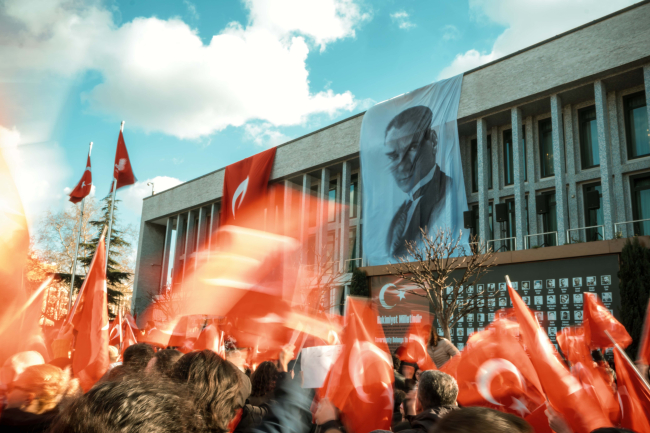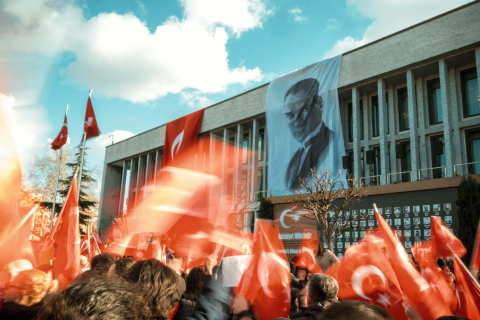The Aftermath of the 2021 German Federal Election - Analysis of the Results and Implications for Europe

Practical information
Themes and regions
Related centers and programs
On September 26, 2021, German Federal Elections will be held, and mark the end of the Merkel era. The political equation is likely to be complicated because of the possible combinations and the difficulty for political parties to achieve a stable majority. Important choices are at stake for the future of Germany.

Between the management of the Covid-19 pandemic and the health, economic and social recovery and to accelerate the fight against climate change. In this context, Europe and the World are watching this election with particular attention. Experts will address key questions about the election results and the implications for Germany's future role in Europe.
Welcome by:
Eva van de Rakt, Director, Heinrich-Böll-Stiftung European Union, Brussels
Analysis of results: seats, trends and shifts, as well as possible coalitions, by Stefanie John, Head of Political and Party Research, Heinrich-Böll-Stiftung, Berlin
Panel debate with:
- Dr. Franziska Brantner, Member of the German Bundestag and Spokesperson for Europe, Bündnis90/Die Grünen, Berlin
- Sven Giegold, Member of the European Parliament (Greens/EFA) and Spokesperson German Greens EP delegation
- Paul Maurice, Research Fellow, Study Committee on Franco-German Relations, French Institute of International Relations (ifri), Paris
- Tinne Van der Straeten, Minister of Energy, Belgian Federal Government, Brussels (invited)
Q & A with the audience
Moderation:
Méabh McMahon, Reporter, Euronews
Seminar jointly organized by the European Union offices Heinrich Böll Stiftung Brussels and the Representation of the State of Baden-Württemberg
The event will be held via Zoom in English with simultaneous translation
https://onscreen-pro.zoom.us/webinar/register/WN_4bW5zmlnTnW_dje34sdw2Q
Related Subjects
Other events

The Resurgence of Risk in Turkey
Turkey has entered a new phase of turbulence. The arrest of Istanbul’s mayor, Ekrem İmamoğlu, on March 19, 2025, triggered a broad protest movement, which the main opposition party, the CHP, is attempting to organize. In parallel, the government continues its peace process with the PKK — a development that could profoundly reshape the country’s political landscape.






